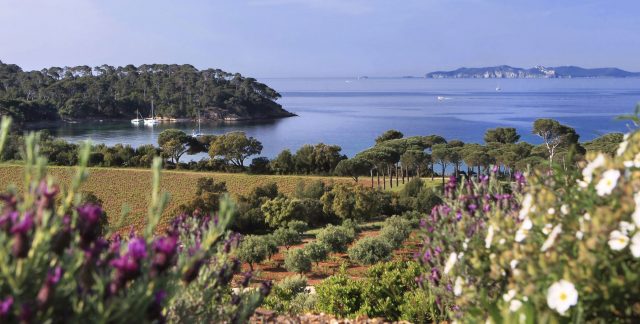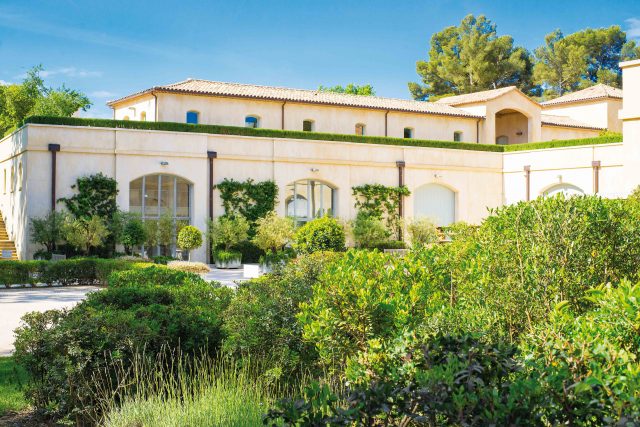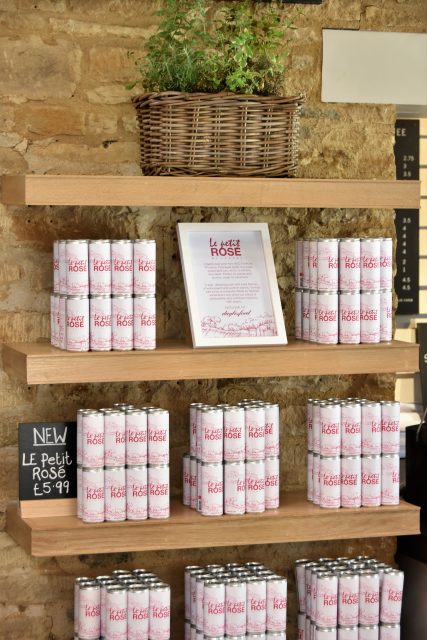This website uses cookies so that we can provide you with the best user experience possible. Cookie information is stored in your browser and performs functions such as recognising you when you return to our website and helping our team to understand which sections of the website you find most interesting and useful.
Léoube leading the way on sustainability in Provence
Having received HVE (High Environmental Value) certification last August in recognition of its commitment to responsible agriculture, Provence estate Château Léoube is working to further reduce its impact on the environment.

The 560ha estate was founded by Anthony and Carole Bamford – the owners of JCB and Daylesford Organic – in 1997, who were seduced by the idea of making Provence rosé, running the winery with the same sustainable ethos as their Cotswolds farm.
The couple’s holistic ethos has been the driving force of the organically farmed estate since its inception, with a respect for nature underpinning Léoube’s grape growing and winemaking practices, with the ultimate goal of producing balanced, terroir-driven wines that tread lightly in terms of their environmental impact.

Léoube’s 70 hectares of dry farmed vineyards have been certified organic since 2010, and are cultivated without the use of pesticides or herbicides. Its 22ha of olive groves are managed sustainably, and the estate’s two-hectare market garden and orchard are cultivated according to biodynamic principles.
In August 2020, Léoube received HVE (High Environmental Value) certification in recognition of its commitment to responsible agriculture for over two decades.
This year, Léoube is planting hundreds of trees across the estate’s 560 hectares – 75% of the property is wild and uncultivated to enhance its natural biodiversity and encourage rare protected and endangered species to inhabit the estate.

Léoube has a zero waste policy, and sends its olive pulp to local cosmetics companies for reuse, while its vine prunings are ground down and put back into the soil.
The estate’s farm-to-fork beachside restaurant, Café Leoube, serves dishes made with produce from the estate’s market garden, the waste from which is turned into compost.
Its leftover grape pomace, meanwhile, is sent to a local distillery to make grape spirit. Leoube will be using the same spirit to form the best of its new gin, which is due to launch in September.
All of Léoube’s packaging is made from a large proportion of recycled material and is fully recyclable, while it takes a minimum intervention approach to winemaking to allow the terroir to talk.
“While remaining true to our philosophy and terroir, we are determined to explore the typical characteristics of our vineyard and to express its unique personality through our wines.
“We also like to question the traditional methods and codes of Provençal winemaking,” said Léoube’s head winemaker, Romain Ott.
“We aim for the exceptional and assert our unique character unashamedly – we are proud that our wines are recognised as symbolic of their terroir,” he added.

